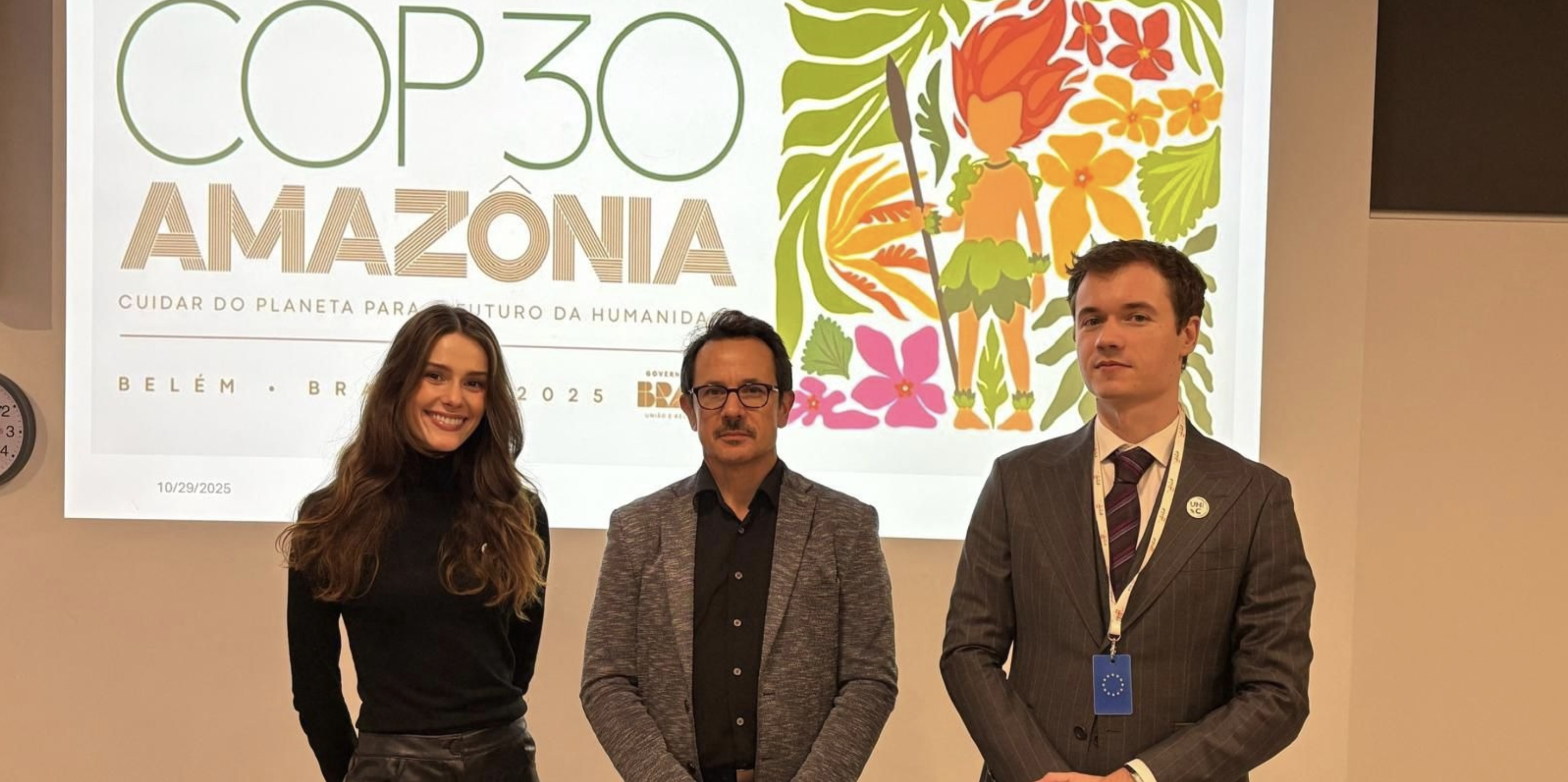A student and a PhD candidate from Université Côte d’Azur participate in an international climate negotiations simulation organized by Université Laval
- Sustainable Development
- IDEX
- International
Published on November 17, 2025
–
Updated on November 17, 2025

Université Côte d’Azur was represented by a master’s student and a PhD candidate at the international climate negotiations simulation organized by the School of Advanced International Studies at Université Laval (Canada) from October 27 to 31, 2025.

